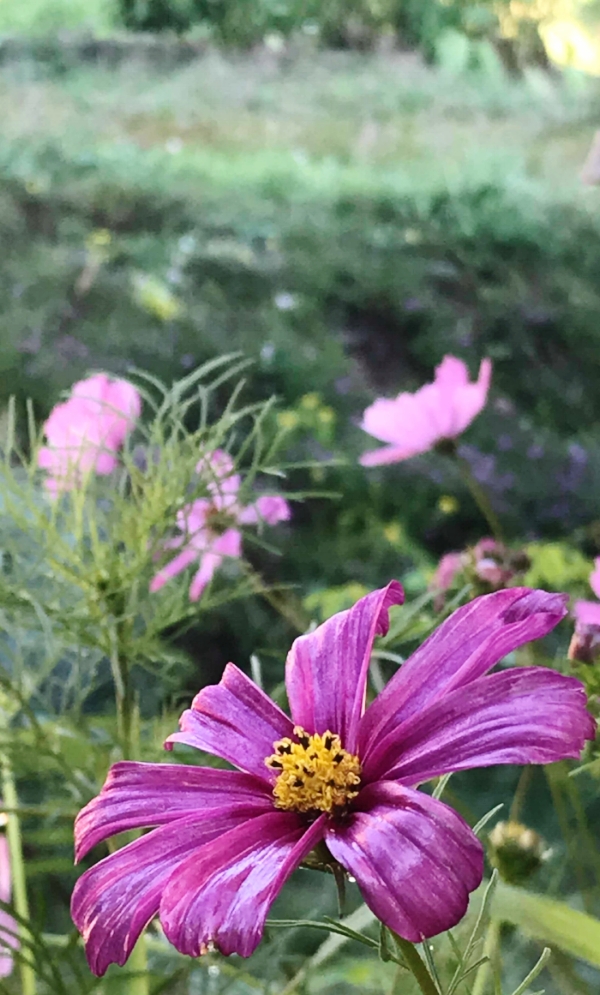Waiting for the first herbs
/When the fragile light first glides,
whispering across the land,
the cold sunlight of March,
Image by Arie Farnam
as sleet still stings like sand,
I walk in the bare woods,
before the first buds awake.
Tiny rosettes of nettle nestle
amid the leaves I rake.
In the garden little pokes
above the still cold dirt
but tiny chickweed leaves
to heal some small hurt.
Still the tops of most herbs
stand dry and winter browned,
waiting past the last April snow
safe beneath the ground.
Then coltsfoot and lungwort,
brave and hearty those two,
raise their faces to the sun
pale yellow and purple blue
Rosemary and lavender,
as your leaves slowly green,
beware the last blast of winter
that we have not yet seen.
I’m waiting for the leaves
to wave green flags of spring
I’m waiting for the flowers
and breath to rise and sing.
The world needs more poetry these days. I may not be able to do all the things I have wished to. But I heard that we now have a local chapter of Extinction Rebellion. My post is short because I’m off to check out their website and sign up to do my bit on the home front.



















